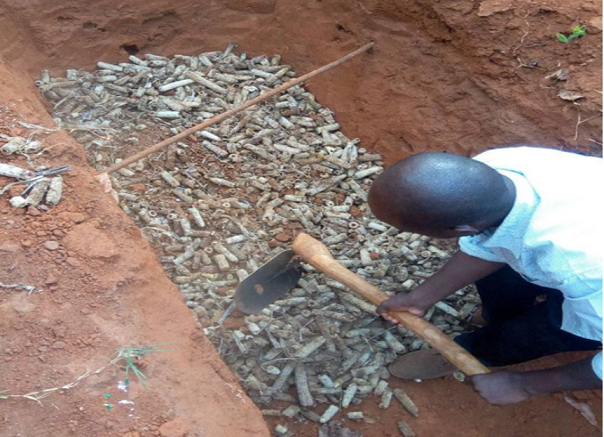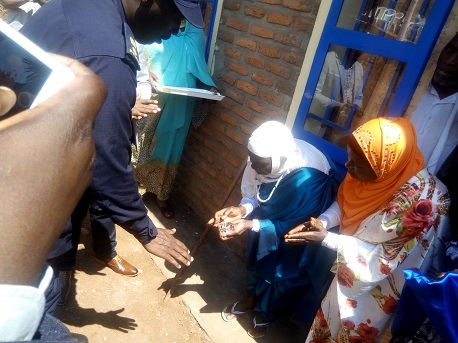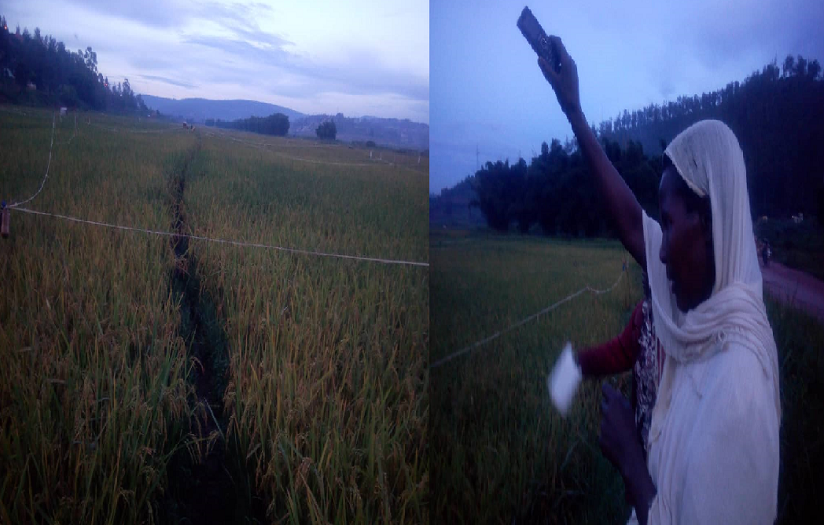Human beings are healthy conscious beings such that their ability to be productive is engraved in what they do, think, act and eat. To produce healthy foods for the growing population of Malawi, Africa and the world, requires dedicated agriculturalist who embraces the scientific agricultural discoveries that have been done. These discoveries have had their pitfalls such that today’s world prime itself towards organic production of agricultural produce.
Kulima Kotsogola 2223 was established to ensure that small-scale farmers are helped
to produce organic crops and livestock that the population wants. It serves as a practical, resulted oriented enterprise working toward rural agricultural transformation. It trains farmers according to the farmers needs in their field of work. It visionalizes itself asa top notch enterprise aiming at providing practical sustainable farming techniquesto small-scale farmers especially the youths and women.
Before Covid-19, the enterprise under the founder, Emmanuel Gift Mlangeni – Livestock Consultant and OrgAgripreneur had planned to conduct Poultry Trainings in 5 primary schools and 5 secondary schools. The total target was 3000 students, 1000 primary school pupils (600 girls and 400boys), 2000 secondary school students (1200 girls and 800 boys). His work revolves around SDG’s goal 1, 2, 3 and 8 while also considering goal 5 in its strategy. This has been put on hold till when the situation becomes good.
Due to young farmers insistence of being helped in their farming enterprise (poultry farming especially chicken and quail rearing), a new strategy came into fold. Online information sharing came into being where; phone calls were made from the members and also vice versa, in helping the farmers needs. Later on it translated into helping members through WhatsApp messages, voice notes, picture presentation and sometimes videos demonstrating what has been asked. Along the way, the enterprise also has intensified in voluntarily connecting farmers to better markets.
So far these are the following milestones that the enterprise has done in this Covid-19 era
Training young farmers in better poultry management using WhatsApp one on one (30 farmers.) Whenever they need assistance in Poultry Farming, Organic remedies, Farm produce marketing, farmers directly call and get the help for free. Helping farmers selling produce through online marketing. Helping rural farmers with tips for successful poultry farming in cold season, feed making and also use of effective organic remedies to poultry diseases. Hands on demonstration of feed making to the willing farmers at the farm and Sharing and knowledge transferring of useful poultry farming techniques. This has been done through WhatsApp groups (500 farmers have been reached).
The enterprise aims at intensifying its drive towards advancing rural entrepreneurship by reaching both potential and established youth groups, women groups, farmers clubs and NGO’s in agriculture projects. There is already good working relationship with Blantyre Agriculture Development Division which is a center and overseer of all activities in agriculture in Southern Region of Malawi. To add to this, Emmanuel has for the past 4 years been working as Field Officer in the project called Capacity Strengthening of Farmers Group especially for Tea Farmers in Thyolo and Mulanje which has over 17000 farmers.
According to World Bank, Global agricultural markets remain stable as food trade has remained more resilient than overall trade. Global production levels for the three most widely consumed staples (rice, wheat and maize) are at or near all-time highs and trade at prices that are close to their January 2020 levels. Over the past few weeks, the prices of certain cash crops from developing countries have rebounded and are also now back to their January levels. This is good news for exporting countries as these crops are an important source of rural incomes and generate many jobs along their value chains. Given the status of global food supplies, export restrictions are unwarranted and could hurt food security in importing countries.
Higher retail prices, combined with reduced incomes, mean more and more households are having to cut down on the quantity and quality of their food consumption, with potentially lasting impacts on nutrition and health. The U.N. World Food Programme has warned that an additional 130 million people could face acute food insecurity by the end of 2020, on top of the 135 million people who were already acutely food insecure before the crisis, because of income and remittance losses. Rapid phone surveys done by the World Bank in a number of countries confirm the widespread impact of COVID-19 on household incomes and food security.





